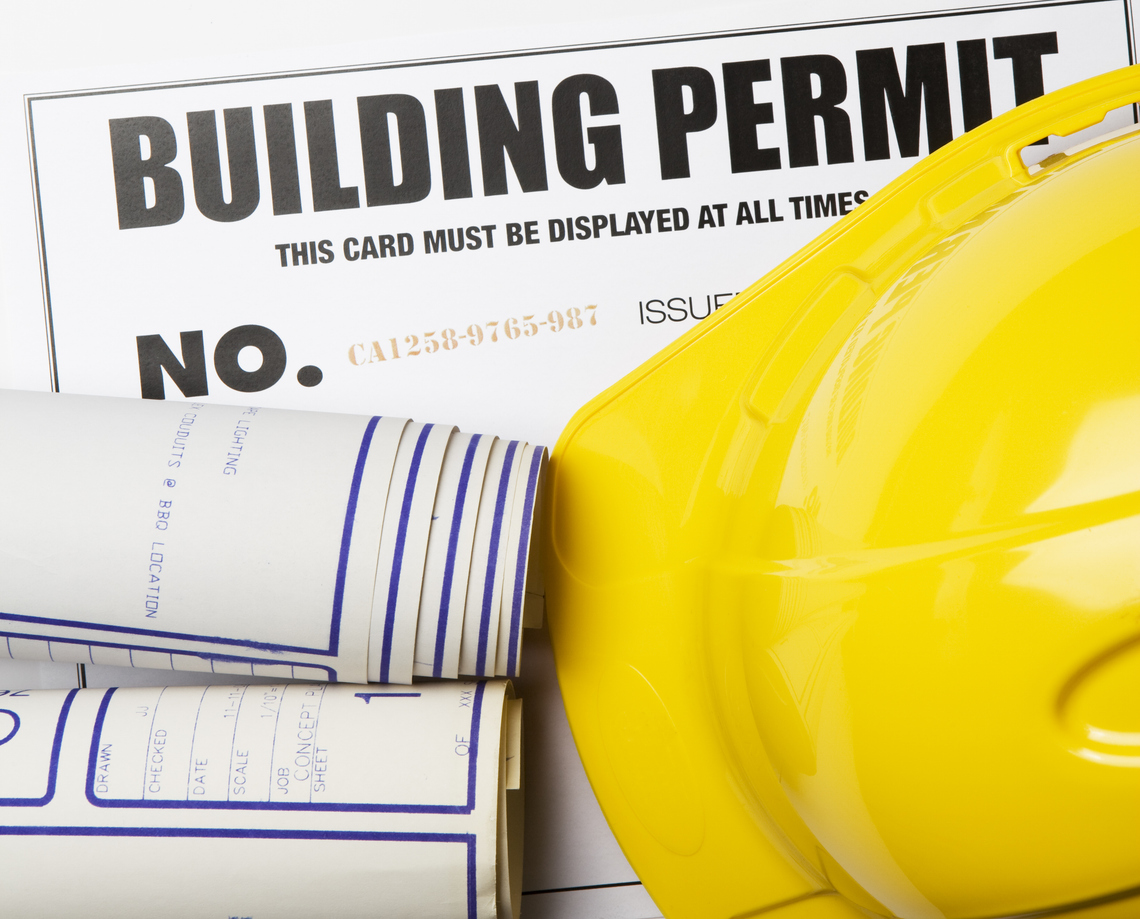There is no place for fraud by a policyholder or public insurance adjuster when reporting a loss to an insurance company. At this week’s Florida Association of Public Insurance Adjusters (FAPIA) summer conference, our law firm emphasized this message. Like insurance company and independent adjusters, public adjusters are bound by ethical standards. I was happy to see that the FAPIA leadership made ethical and professional behavior a prominent theme of discussion at the conference. Both policyholders and the insurance industry can benefit greatly from increased emphasis and enforcement of public adjuster professional and ethical standards.
Most insurance company and independent adjusters log far more hours in training, classes, and supervised situations than most public insurance adjusters. This needs to change.
Policyholders deserve superior adjustment work by trained and skilled public insurance adjusters. FAPIA’s leadership discussed mandating standards far higher than those imposed by the State of Florida for membership as well as encouraging the Legislature and Department of Financial Services to go even further regarding testing of new public adjusters.
One of the chief complaints from adjusters and claims managers in the insurance industry is the sloppy estimating and measurement practices by some public insurance adjusters. They imply that the sloppiness is fraudulent rather than accidental. To the extent that is true, it should not be tolerated.
Insurance company and independent adjusters should be able to bring this type of conduct, whether sloppy or fraudulent, to the Office of Insurance Regulation. It is about time that public insurance adjusters are subject to market conduct examinations the same way insurance companies are subject to such examinations. This one regulatory action may help the many professional and honest public adjusters rid the industry of problem public adjusters. I am certain insurers would support public adjusters having the same minimum training requirements their adjusters have. From the policyholder’s perspective, there is no downside.
Over the next several months, I am going to encourage ideas and support for higher standards of professionalism and ethical conduct for public adjusters in Florida.
Policyholders need these skilled professionals immediately following a loss so that evidence can be collected and assistance provided to help soften the financial blow of a catastrophe. I have found that if retained within hours of a loss, skilled public adjusters make the insurance product work far better for the insured and there are far fewer re-opened claims because the claim is adjusted right the first time. But this only happens if the public adjuster is trained, skilled, motivated and has sufficient resources to get the job done right.



